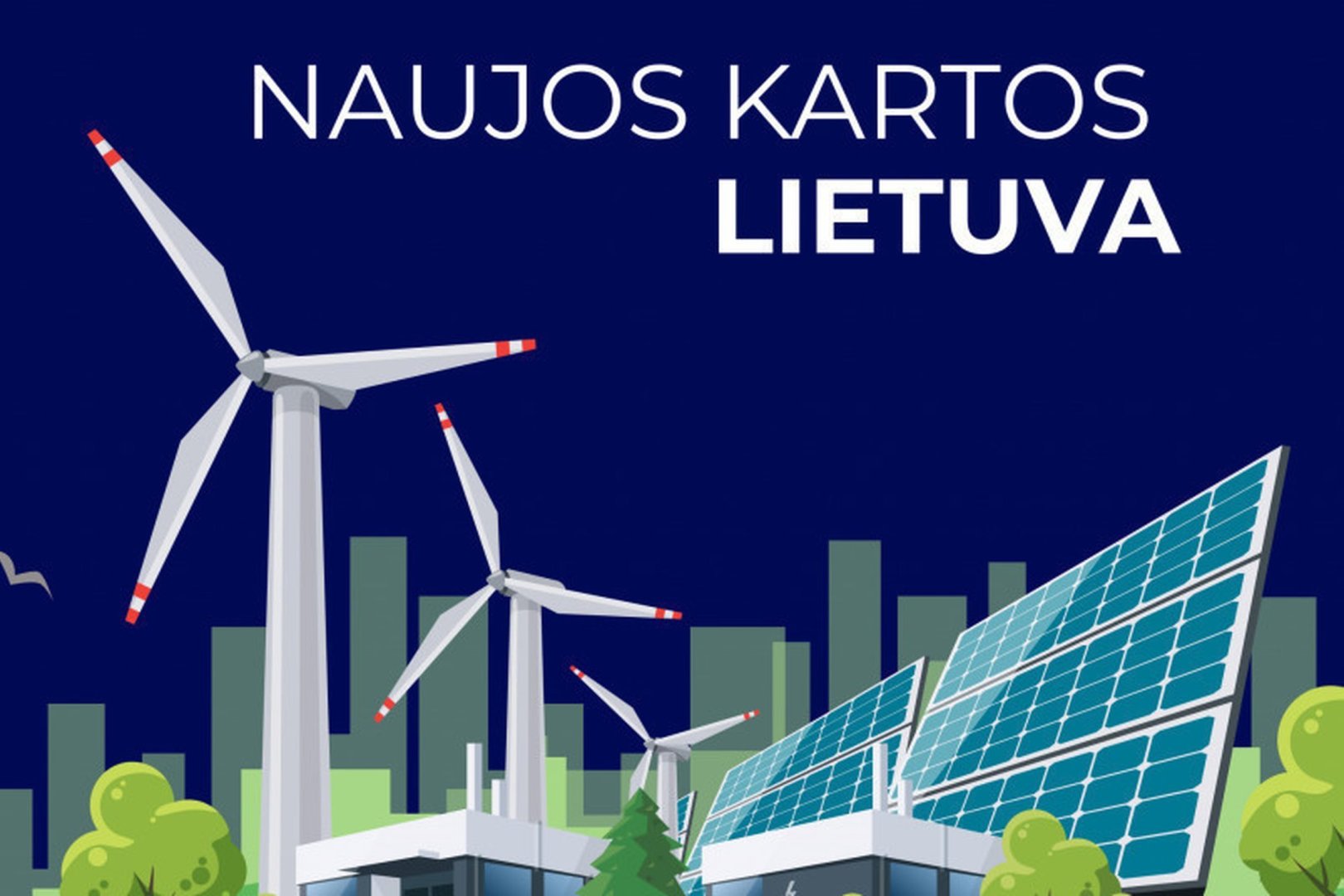BAKU, Azerbaijan, August 9. Lithuania has submitted its fourth payment request to the European Commission (EC) under the "Next Generation Lithuania" Recovery and Resilience Facility (RRF) plan, Trend reports.
Meanwhile, if positively assessed, the country expects to receive 515 million euros by December 2025, excluding advance payments. Upon approval, Lithuania will have received a total of 2.3 billion euros from the RRF fund.
The plan includes not only investment projects but also structural reforms, which often require strong political will.
“We are confident that we have fully met all the indicators outlined in this request. The European Commission will evaluate this. We continue to move forward with implementing critical reforms and investments in areas such as healthcare, building renovation, education, tax reform, the budgeting system, and expenditure review,” said Minister of Finance Rimantas Šadžius.
Lithuania has made rapid progress in implementing its RRF plan. Currently, over 87 percent of reform-related targets have been met, with investments also proceeding swiftly.
Project calls totaling over 3.8 billion euros—nearly 100 percent of the total plan—have been announced. As of June 30, contracts worth 3.578 billion euros had been signed, accounting for 93 percent of the plan's funding.
To date, Lithuania has submitted three previous payment requests. Including the fourth, 106 out of 216 plan indicators have been accounted for. An additional four indicators have already been met and will be included in future requests, bringing the total completed to 110—68 related to reforms and 42 to investments.
Lithuania is among the five EU countries to have submitted four payment requests. Six countries have submitted five or more, while 16 countries have submitted three or fewer.
So far, Lithuania has received 1.8 billion euros under the "Next Generation Lithuania" plan, including advance payments. A unique feature of this plan is that payments are based on results achieved—not on incurred expenses. Progress is monitored jointly with EC experts.
Once a payment request is submitted, the EC usually issues its assessment within two months, followed by EU Council approval and disbursement of funds. The entire 3.8 billion euros plan must be fully implemented, reported, and disbursed by 2026.







